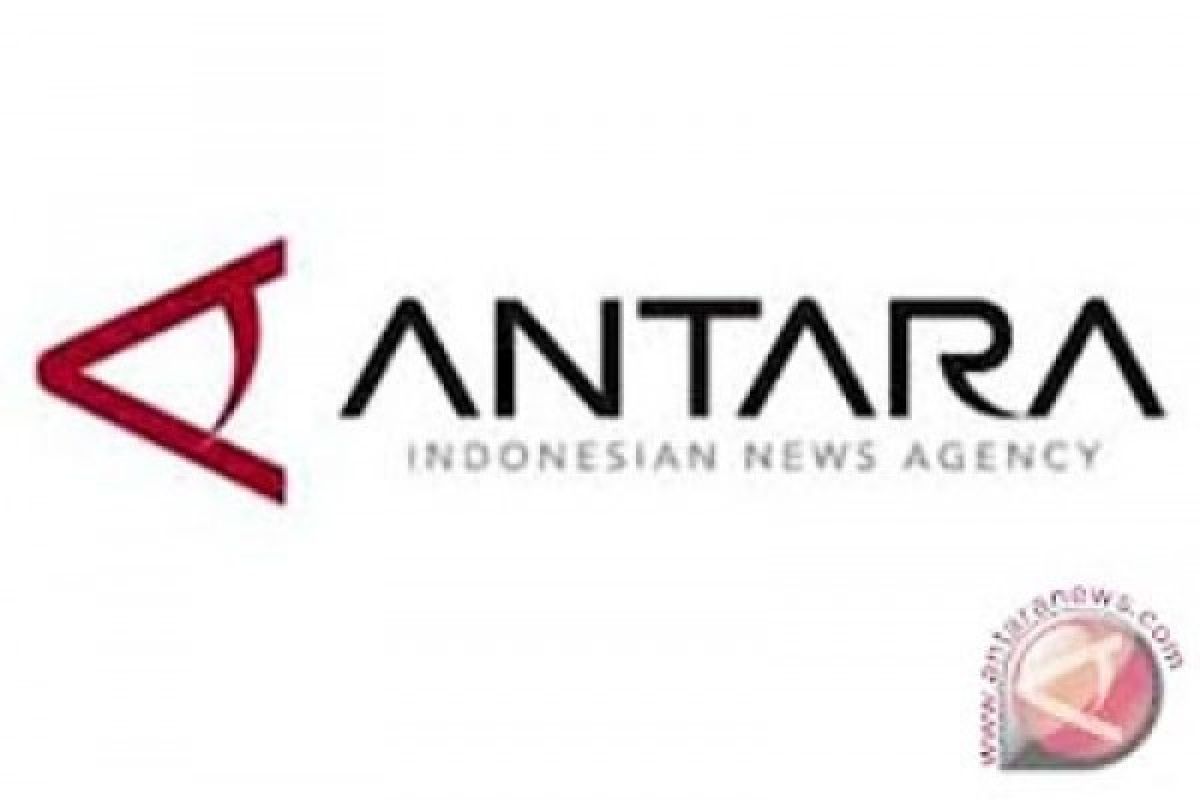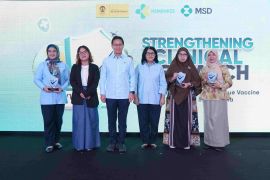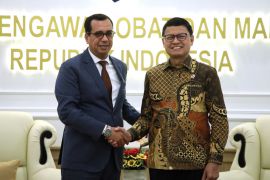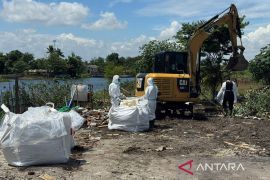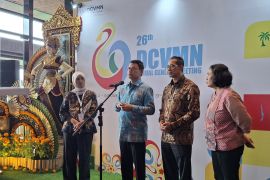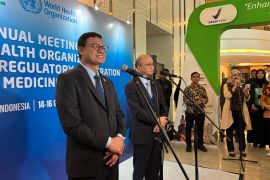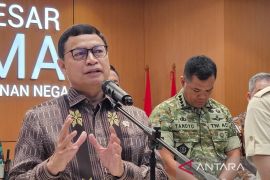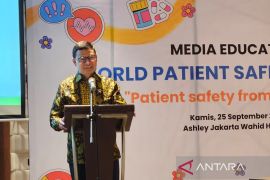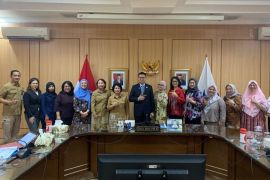According to the International Research for Cancer, globally, at least 25 million people die of cancer annually, while in Indonesia, the figure has reached 240 thousand, BPOM head Taruna Ikrar said.
"In 2022, there were additional 420 thousand (deaths) annually, which means that the mortality rate almost capped at 70 percent," he pointed out at the inauguration of Kalbe Farma's radioisotope production facility here on Tuesday.
He said that there are many ways to treat cancer, such as hormone therapy, chemotherapy, and surgeries — but none of them offer satisfactory results.
Radiotherapy, he said, uses a more specific approach to combat cancers that are more difficult to treat. Therefore, the method is expected to be utilized for cancer treatment, he added.
As an institution that oversees drugs in Indonesia, BPOM is committed to improving the certification process for radiopharmaceutical medications to expedite access to better cancer treatment, he informed.
Ikrar further said that the agency will work harder to ensure a shorter wait time for distribution permits for such products, while also sticking to the strictest standards of efficacy, quality, and safety to ensure only the best products reach patients.
For example, a review that takes 300 work days can be cut down to just 120 working days and be made even shorter, depending on some needs, he expounded.
He opined that Kalbe Farma's initiative to establish the radioisotope production facility can be taken as an example of developing the radiopharmaceutical ecosystem in Indonesia.
If the ecosystem develops well, then it could help resolve the national cancer issue, and even tackle some issues at the global level, he noted.
Meanwhile, the president director of Kalbe Farma, Irawati Setiady, said that the facility is necessary to manufacture PET scan and CT scan machines domestically to fulfill the needs for cancer diagnosis and treatment in Indonesia.
"Currently, radiopharmaceuticals production facilities are very limited, whereas the needs are increasing," she added.
This results in longer queue times for patients to get diagnosed, resulting in more people going overseas to get the service, she pointed out.
According to her, the initiative is also a means to support the government's health transformation, particularly the goal of medical device resilience.
Reporter: Mecca Yumna Ning Prisie
Editor: Aditya Eko Sigit Wicaksono
Copyright © ANTARA 2024
